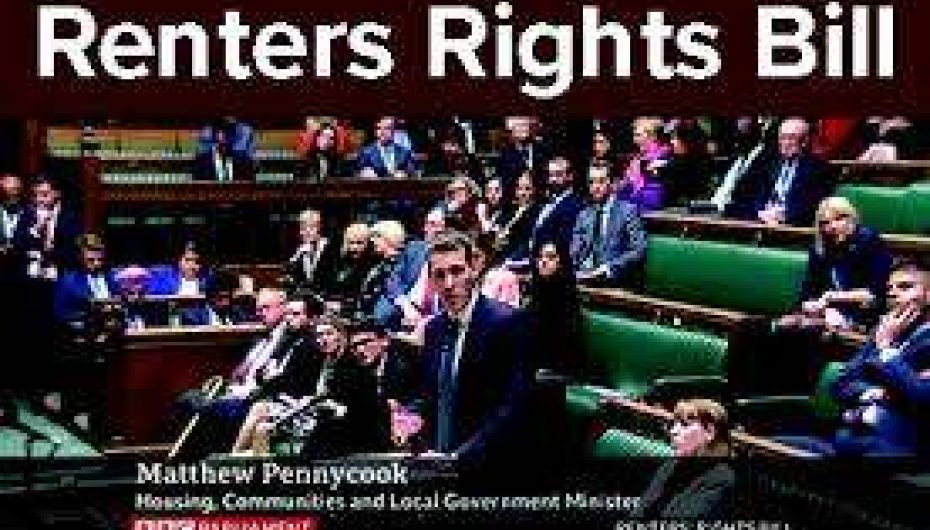 17th October 2025
17th October 2025
Landlord Briefing: What You Need to Know About the Renters’ Rights Bill
The Renters’ Rights Bill is nearly law — what does it mean for you?
The long-debated Renters’ Rights Bill is in its final stages with Royal Assent expected next week. Implementation is likely to begin early in 2026.
This landmark legislation will bring some of the biggest changes in decades to the private rental sector, shaping how properties are marketed, let, and managed.
At Boydens, we’re here to help you stay compliant and confident through every change.
Key Changes Landlords Need to Prepare For
🔸 1. Marketing & Rent Bidding
- Every advert must show a written rent figure; this becomes the maximum chargeable rent.
- Tenants may bid up to but not above the advertised amount.
- Overcharging will become an offence, so pricing accurately is essential.
🔸 2. PRS Database & Redress Scheme
- Landlords must register with a national database and join a redress scheme before advertising.
- Each property will require an ID number displayed on listings.
- These measures are designed to increase transparency and accountability.
🔸 3. Pets in Rental Homes
- You can still advertise “no pets,” but requests during a tenancy must be considered within 28 days and not unreasonably refused.
- Landlords must have valid reasons to decline, such as lack of space or restrictions in a head lease.
- Additional pet deposits and mandatory insurance are not currently included in the Bill.
🔸 4. Fair Access & Anti-Discrimination
- Refusing tenants with children or on benefits will be unlawful, except in cases of overcrowding or affordability.
- Landlords and agents must make decisions based on objective criteria such as references and creditworthiness.
🔸 5. Tenancy Reform
- All new tenancies will be open-ended (periodic), there will be no fixed terms, break clauses, or “no-fault” evictions.
- Only deposits can be taken before signing; advance rent payments for new tenancies will be limited to one month.
- Rent increases can only occur once a year, with two months’ notice and a right to challenge via the tribunal.
🔸 6. Decent Homes Standard
- A minimum standard for private rentals will apply, ensuring properties are free from serious hazards and in good repair.
- Councils will have new powers to fine landlords who fail to meet the standard.
- “Awaab’s Law” will require prompt action on damp and mould.
🔸 7. Evictions & Notice
- Section 21 (no-fault evictions) will be abolished.
- Landlords will need to use Section 8 with valid grounds and correct notice periods.
- Incorrect or invalid notices could result in fines, so professional advice is key.
What You Can Do Now
✅ Stay informed Boydens will provide regular updates as the Bill progresses.
✅ Review your tenancy agreements and advertising practices.
✅ Start preparing registration details for the new landlord database.
✅ Talk to our Property Management team about how these changes could affect your portfolio.
Boydens: Helping Landlords Navigate Change
Our mission since 1966 has been to provide trusted, expert guidance rooted in family values and local experience. As the Renters’ Rights Bill becomes law, we’ll ensure your properties, and your peace of mind, remain protected.
📞 Speak to your local Boydens branch today
🌐 www.boydens.co.uk







